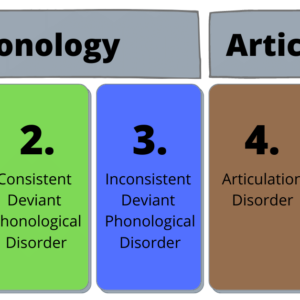Executive Function 301: Cognitive Processes and Changes Across Adolescence
$15.00

Course Type: Video – 1 hour
ASHA Course Code: Developmental Language Disorders – 3010
Understand the development of executive function, and become familiar with the cognitive processes related to executive function skills.
We dive into environmental and developmental factors that inhibit the natural development of executive function and describe how executive skills progressively improve throughout life. This “zoomed out” approach gives us insight into the broader functioning of the students with whom we work and offers strategies to better engage them.
Additional Information
| Population | Adult, Early Childhood, School Age |
|---|---|
| Duration | 1 hour |
| Credit | .1 Continuing Education Unit |
| Topics | Exp/Rec Language |
| Format | Video |
Financial Disclosure: Scott Prath, M.A., CCC-SLP is a salaried employee of Bilinguistics. Bilinguistics receives royalty payments for online courses.
Non-Financial Disclosure: Scott Prath does not have any non-financial relationships to disclose.
This course was designed to help every professional understand the development of executive function and become familiar with the cognitive processes that produce executive function skills. Content dove into environmental and developmental factors that inhibit the natural development of executive function and describes how executive skills progressively improve throughout life.
Participants will:
Contrast how executive function skills develop and are used in young children, adolescents, and young adults
List 5 cognitive processes that are needed to be present in order for executive function skills to be accessed
Summarize how environmental factors such as inadequate nutrients, toxins, and deprived sensory, social, and emotional stimulation negatively impact the development of executive functions
Describe how symptoms of Attention-deficit/hyperactivity influence a child’s decision-making process
Time-Ordered Agenda:
02 minutes–Introductions and disclosures
15 minutes– Cognitive Processes and How Executive Functions Develop
10 minutes– Growth of Executive Function Skills Across Youth and Adolescence
10 minutes– The Relationship between Executive Function and Major Diagnoses
10 minutes– Second Language Learning Habits that Mirror Executive Function Difficulties
10 minutes– Amazing Executive Function Resources
03 minutes- Closing
Need CEUs?

 Share
Share
 Tweet
Tweet
 LinkedIn
LinkedIn
 Pin
Pin
 Email
Email







